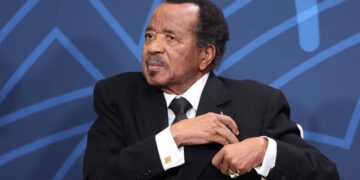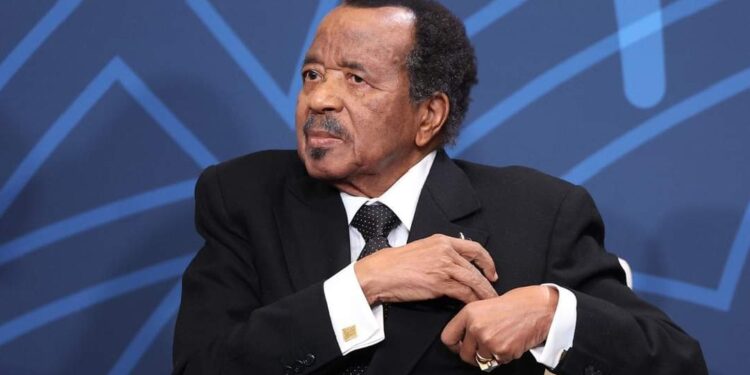By Enyichukwu Enemanna
Cameroon’s President Paul Biya has cautioned about what he called “disastrous consequences” for member countries of the Economic and Monetary Community of Central Africa arising from the depletion of the bloc’s foreign reserves.
The Cameroonian leader said the countries comprising Cameroon, Gabon, Chad, Equatorial Guinea, the Central African Republic, and the Republic of Congo, which share monetary policy and a currency with a common central bank, must take urgent action to achieve economic stability.
“According to recent data, our net external reserves have deteriorated considerably. This situation is preoccupying and calls for urgent action from us to reverse this trend,” Biya said on Monday in his opening remarks at a summit of the leaders in Cameroon’s capital, Yaoundé.
The countries have struggled to deal with prolonged shortages of foreign exchange and other assets to cover import bills and debt repayments, due to their inability to recover from the economic impact of COVID-19 and other external shocks.
They are also facing internal economic difficulties, including a drop in oil production in five of the countries, unabated civil conflict in the Central African Republic and Cameroon, a heavy debt burden in Gabon, and default in the Republic of Congo.
But Biya, who has been in power for over 41 years, called for more substantial actions to preserve the macroeconomic and financial stability of the region.
“If nothing is done, according to various experts, we could face disastrous consequences for our countries and the subregion.”
The 91-year-old President did not give any details of what the consequences might be or how they might be addressed. However, any demands from international lenders to rein in spending by cutting subsidies or further trimming handouts could cause public discontent.
The International Monetary Fund, which is represented at the summit along with the World Bank and other partners, warned in June that the six nations needed decisive and coordinated actions to tackle fiscal and external imbalances.
The IMF cautioned that divergent economic performance and unchanged policies among the countries could threaten financial stability.



































